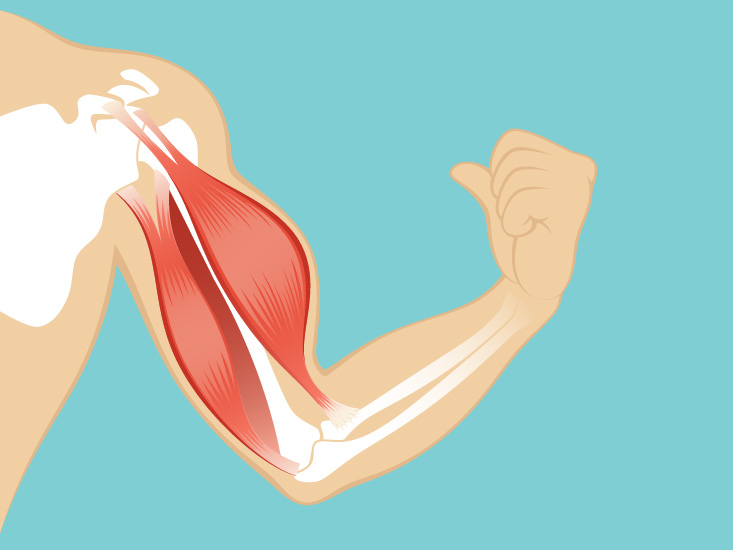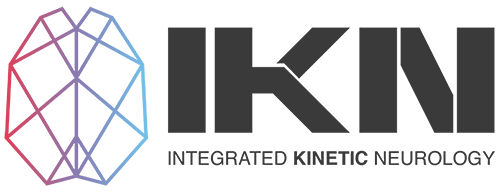
Muscle Function is NOT Dependent on Joint Position
The motion of joint segments certainly has a strong influence on the behaviour of our muscles, but another incredibly important occurrence to appreciate is how muscle activity is altered by the nervous system in the absence of joint motion.
If we consider this from a global perspective, and appreciate the importance of controlling internal & external disturbances during movement, it makes a lot of sense.
During real world movement, these disturbances or perturbations acting on our anatomy are so widespread that the act of waiting for joint motion & muscle length changes to deliver sensory information to the nervous system in order to express a change in muscle activity can be too slow of a process.
In order to respond appropriately to these disturbances, our system needs to be more proactive instead of reactive.
This is highlighted in the attached study, where researchers blocked the motion of the ankle joint, so that no joint motion could occur and contribute to muscle activity changes. What we may here expect is that the muscles surrounding the ankle joint would not express appropriate muscle activity to control our movement in the presence of perturbations.
But, what they determined in the study was that joint motion was not required to facilitate muscle activity changes in the foot & ankle tissues to help manage perturbations, suggesting that other systems can facilitate changes in muscle activity. Of course, joint motion is extremely important, but it’s also helpful to consider other systems that can contribute to changes in muscle behaviour.
This highlights the importance of assessing other “top-down” systems, like the vestibular system, that has been shown to have a significant influence on muscle activity to help us respond appropriately to internal & external disturbances.
Be sure to check out the study to explore this concept further!
